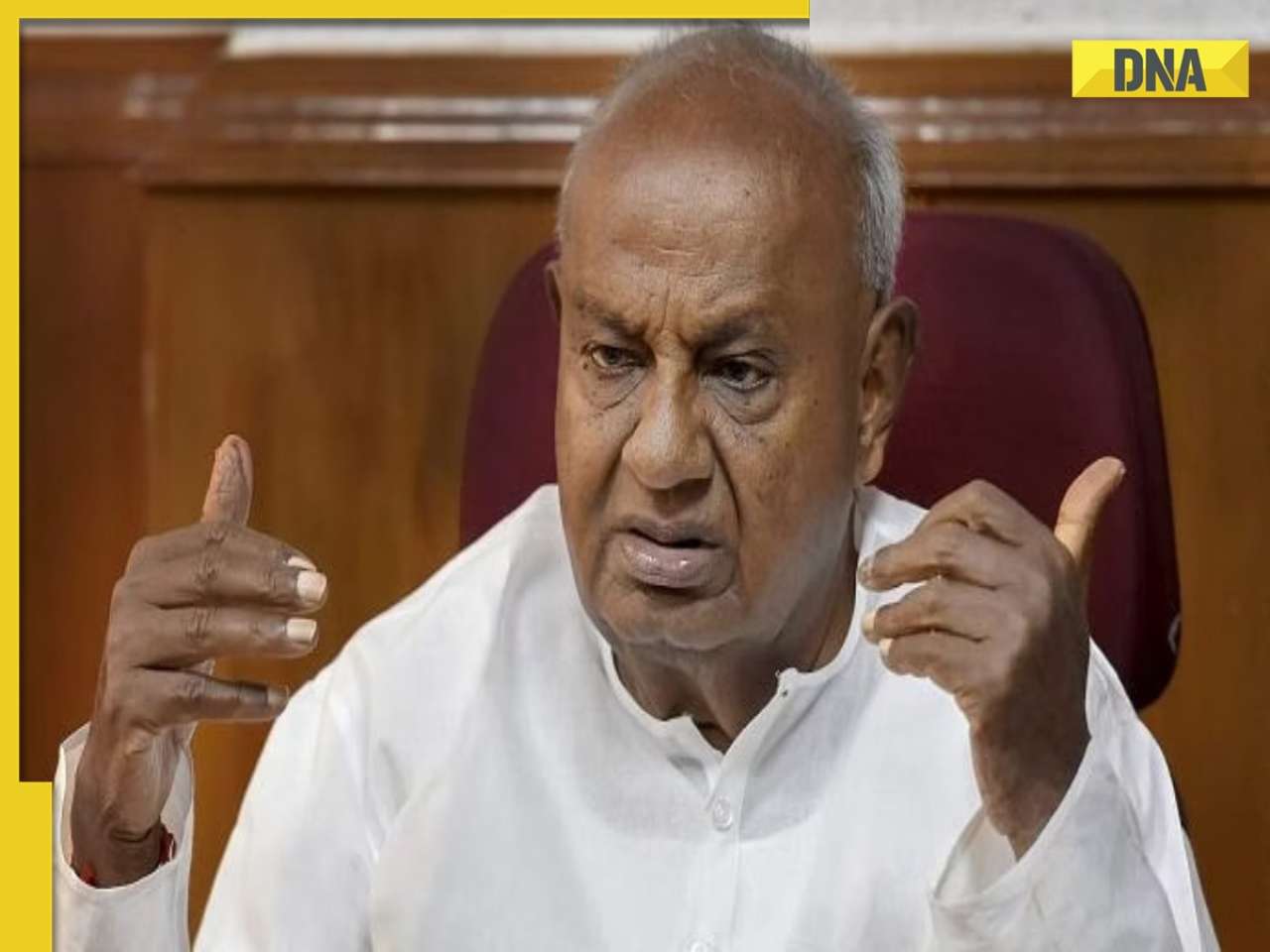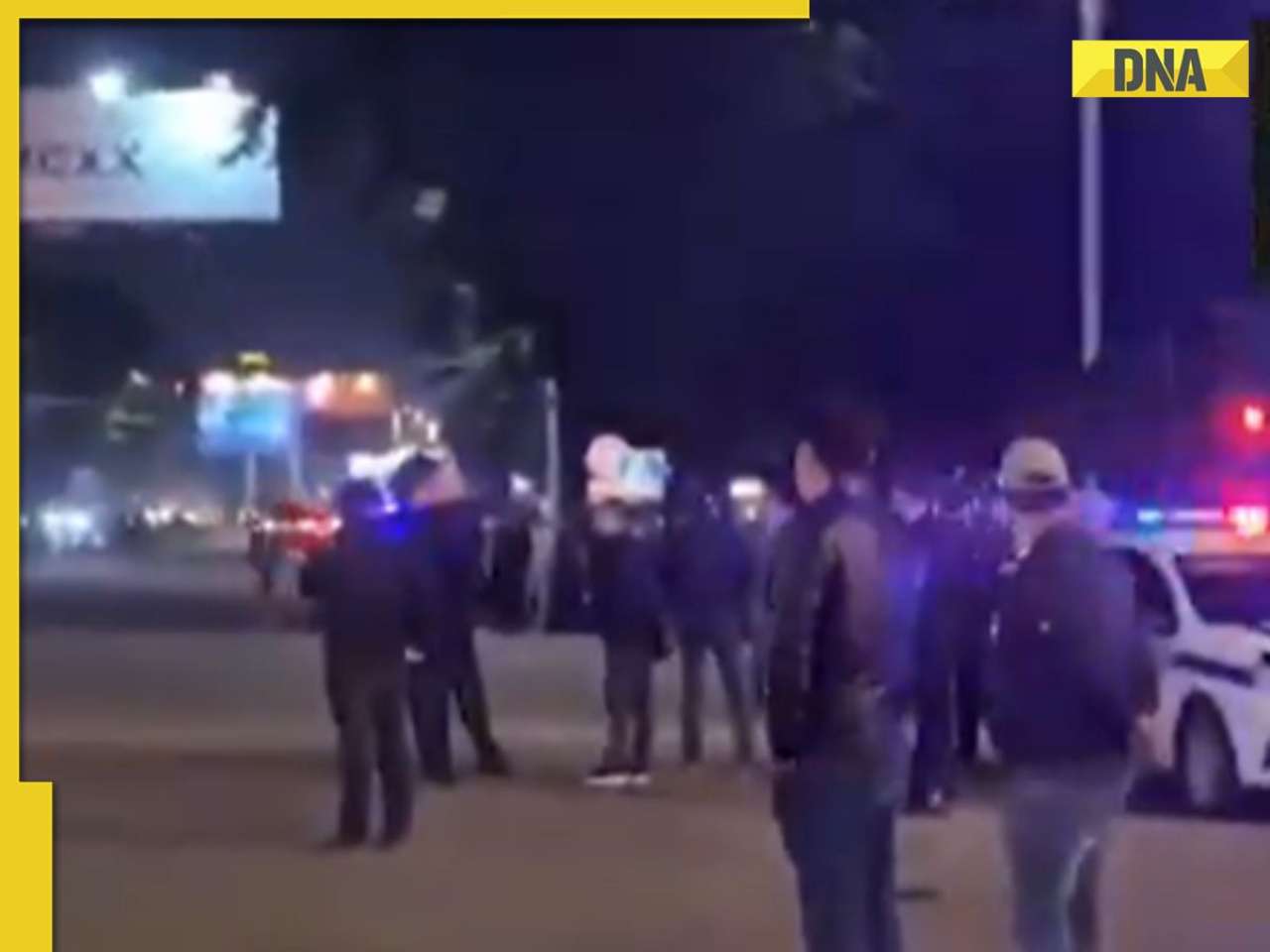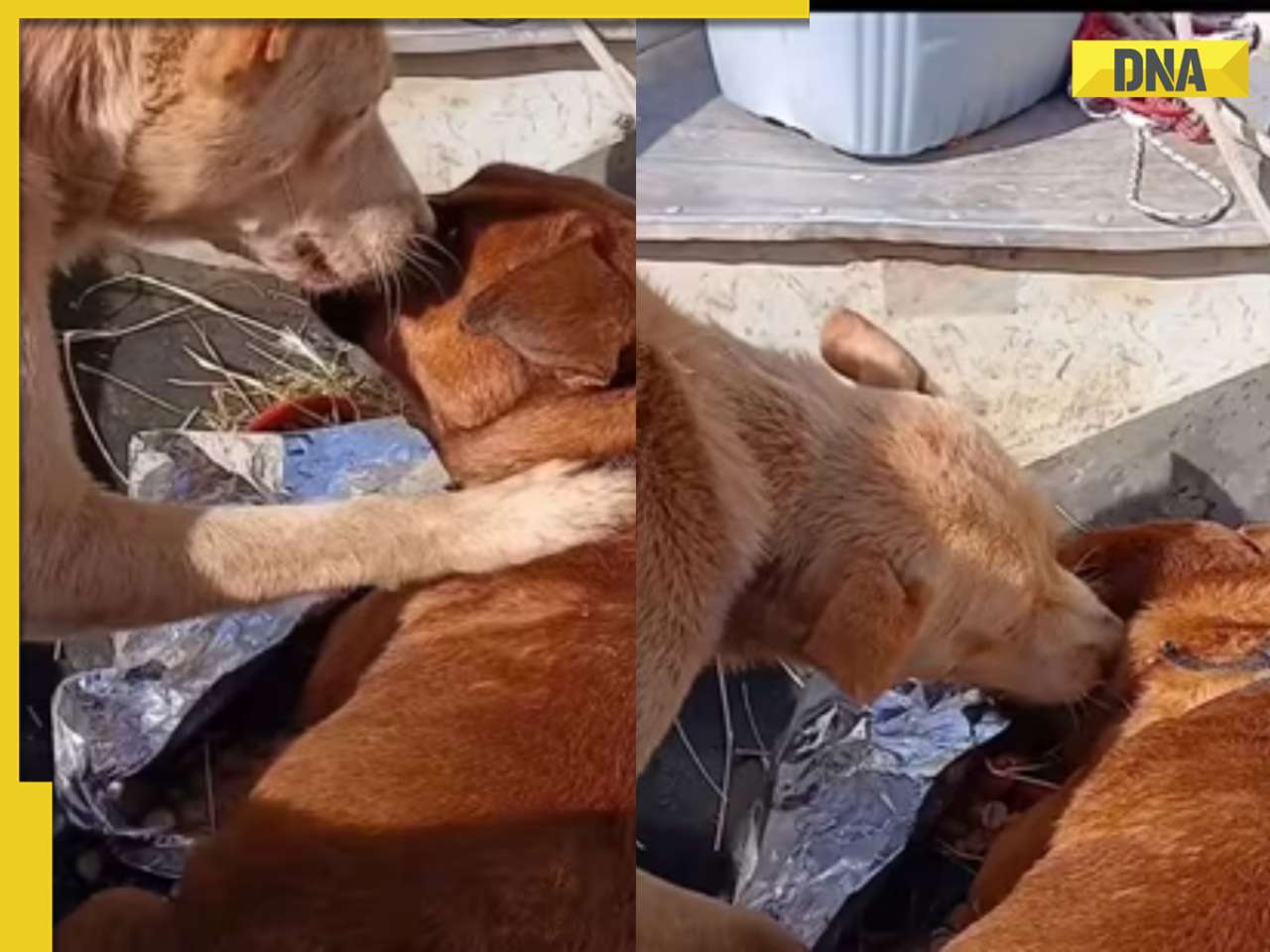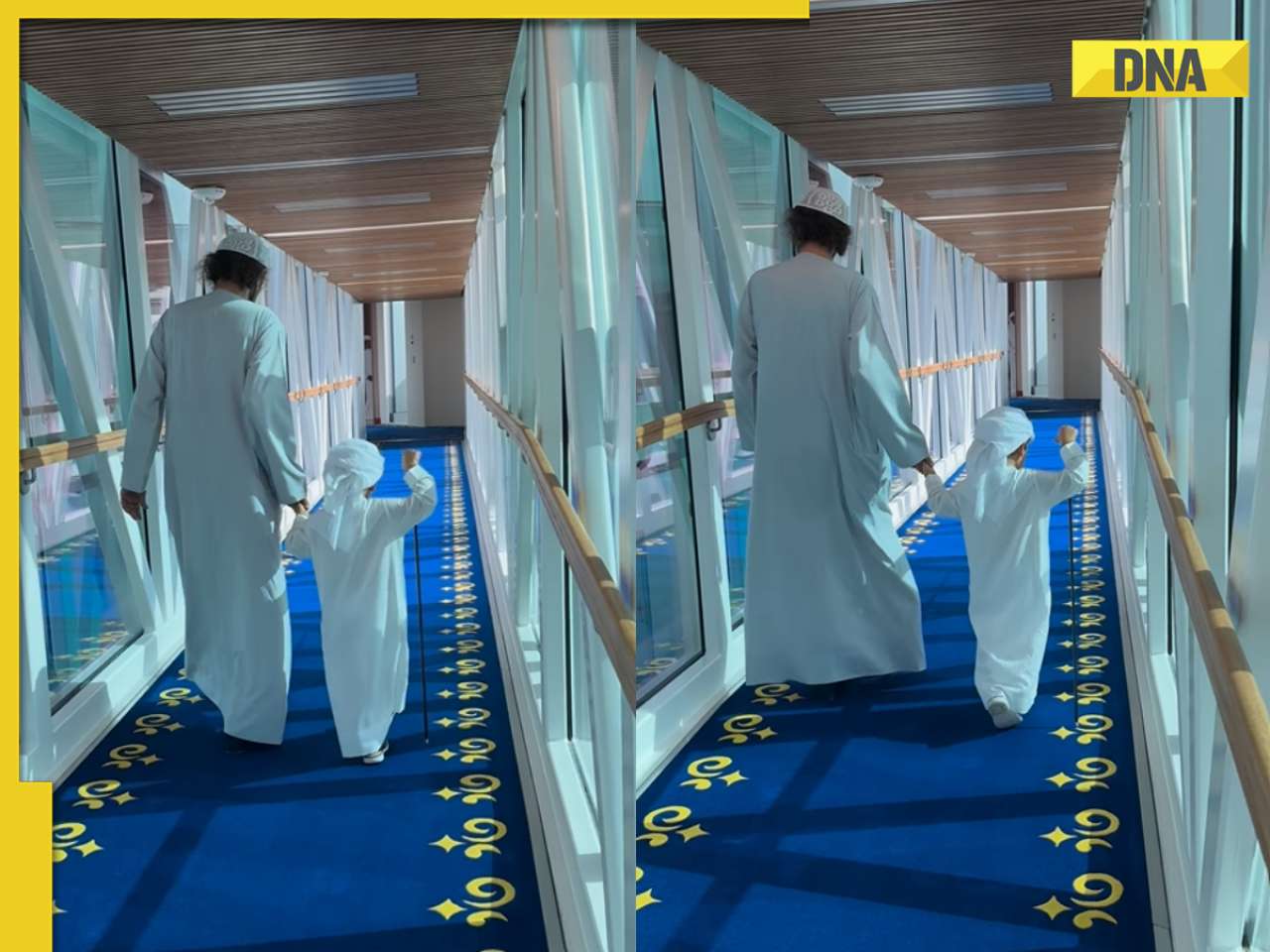If the report on illegal mining by CEC of the SC was not bad enough, the one by the WGEEP seeks to bring mining to a grinding halt in most parts of the fragile hotspot.
For the mining lobby, it gets only worse. But that’s good news for conservation.
If the report on illegal mining by the Central Empowered Committee (CEC) of the Supreme Court was not bad enough, the one by the Western Ghats Ecology Expert Panel (WGEEP) seeks to bring mining to a grinding halt in most parts of the fragile hotspot.
The panel, which submitted its report to the ministry of environment and forests (MoEF) on August 31, 2011, has called for a blanket ban on mining in the most ecologically sensitive area of the Western Ghats, which it has designated as ecologically sensitive zone 1 (ESZ1), besides current protected areas, i.e., national parks and wildlife sanctuaries as per current supreme court orders and the Wildlife (Protection) Act 1972.
All environmental clearances for mines in these areas should have an additional conditionality requiring for 25% reduction in mining every year till 2016, when mining would have to be to be stopped in ESZ1. In all, 83 talukas across six states out of the 134 that fall in the Western Ghats have been designated as ESZ1. Fourteen have been assigned to ESZ2, and 37 to ESZ3. In ESZ2 and ESZ3, current mining may be allowed but can be no new mining projects. The WGEEP has called for mining to be subject to strong environmental and social controls as well. The ESZs would have to be declared by the MoEF as per Environment Protection Act norms.
In other areas of the Western Ghats, mining may be allowed but subject to the Forest Conservation Act (FCA) and other clearances with strong environmental and social controls in place. For mining within the Western Ghats, cumulative environmental impact assessments (EIAs) must be made mandatory rather than entertaining EIAs for individual leases in the same areas.
The MoEF had held back the WGEEP report for reasons it had not earlier disclosed. Earlier this month, the Central Information Commissioner (CIC) asking the ministry to “disclose” the document by May 5. The official line of the ministry so far had been that the “scientific or economic interests of the State” would be affected by “disclosure” (of the report) at this stage. This was the stand taken by the ministry while responding to a RTI application filed by Kerala-based activist G Krishnan.
Among other things, the panel had been mandated to assess the current status of ecology of the Western Ghats region, and make recommendations for its conservation, protection and rejuvenation after a comprehensive consultation process involving the people and governments of all the concerned States. The WGEEP, headed by ecologist Prof Madhav Gadgil, did that in a 500+ page report. The report was subsequently wrapped up in red tape and the government refrained from commenting on it.
The WGEEP report had included guidelines that covered everything from mining and tourism to forest rights and hydel projects. However, what was said to have got the goat of the government was the panel’s recommendations about mining.
The 14-member panel observed illegal mining in many parts of the Western Ghats, both in terms of no clearances obtained, fraudulent EIAs and/or flouting of conditions of clearances. An emerging view the panel members found was that the agent (government) did not fully reflect the interest of the principal (the people). It remarked in the report, “The view is also emerging that there exists government collusion with industry (Goa, Sindudurg, Ratnagiri, Bellary in Western Ghat states). This state of affairs has led to enormous disaffection in the states regarding mining activity. The strongest evidence of this disaffection and anger is in the state of Goa.”
The team also looked at groundwater issues. For mines currently operating below the water table, the panel wanted it to be made be mandatory for the company to have plans in place for ground water management and use that will not affect local wells and water supply. Without water mapping, no mining should be allowed to commence.
It also called for planning for regeneration of agriculture in mining areas, incentivising improved environmental behaviour in the mineral sector, improving health in mining regions.
![submenu-img]() This singer helped BCCI when it had no money to award 1983 World Cup-winning Indian cricket team, raised 20 lakh by...
This singer helped BCCI when it had no money to award 1983 World Cup-winning Indian cricket team, raised 20 lakh by...![submenu-img]() Virat Kohli’s new haircut ahead of RCB vs CSK IPL 2024 showdown sets internet on fire, see here
Virat Kohli’s new haircut ahead of RCB vs CSK IPL 2024 showdown sets internet on fire, see here![submenu-img]() BCCI bans Mumbai Indians skipper Hardik Pandya, slaps INR 30 lakh fine for....
BCCI bans Mumbai Indians skipper Hardik Pandya, slaps INR 30 lakh fine for....![submenu-img]() 'Justice must prevail': Former PM HD Deve Gowda breaks silence in Prajwal Revanna case
'Justice must prevail': Former PM HD Deve Gowda breaks silence in Prajwal Revanna case![submenu-img]() India urges students in Kyrgyzstan to stay indoors amid violent protests in Bishkek
India urges students in Kyrgyzstan to stay indoors amid violent protests in Bishkek![submenu-img]() Meet IIT graduates, three friends who were featured in Forbes 30 Under 30 Asia list, built AI startup, now…
Meet IIT graduates, three friends who were featured in Forbes 30 Under 30 Asia list, built AI startup, now…![submenu-img]() Meet woman who cracked UPSC in fourth attempt to become IAS officer, secured AIR...
Meet woman who cracked UPSC in fourth attempt to become IAS officer, secured AIR...![submenu-img]() Meet IIT JEE 2024 all-India girls topper who scored 100 percentile; her rank is…
Meet IIT JEE 2024 all-India girls topper who scored 100 percentile; her rank is…![submenu-img]() Meet PhD wife of IIT graduate hired at Rs 100 crore salary package, was fired within a year, he is now…
Meet PhD wife of IIT graduate hired at Rs 100 crore salary package, was fired within a year, he is now…![submenu-img]() Meet woman not from IIT, IIM or NIT, cracked UPSC exam in first attempt with AIR...
Meet woman not from IIT, IIM or NIT, cracked UPSC exam in first attempt with AIR...![submenu-img]() DNA Verified: Is CAA an anti-Muslim law? Centre terms news report as 'misleading'
DNA Verified: Is CAA an anti-Muslim law? Centre terms news report as 'misleading'![submenu-img]() DNA Verified: Lok Sabha Elections 2024 to be held on April 19? Know truth behind viral message
DNA Verified: Lok Sabha Elections 2024 to be held on April 19? Know truth behind viral message![submenu-img]() DNA Verified: Modi govt giving students free laptops under 'One Student One Laptop' scheme? Know truth here
DNA Verified: Modi govt giving students free laptops under 'One Student One Laptop' scheme? Know truth here![submenu-img]() DNA Verified: Shah Rukh Khan denies reports of his role in release of India's naval officers from Qatar
DNA Verified: Shah Rukh Khan denies reports of his role in release of India's naval officers from Qatar![submenu-img]() DNA Verified: Is govt providing Rs 1.6 lakh benefit to girls under PM Ladli Laxmi Yojana? Know truth
DNA Verified: Is govt providing Rs 1.6 lakh benefit to girls under PM Ladli Laxmi Yojana? Know truth![submenu-img]() Kiara Advani stuns in Prabal Gurung thigh-high slit gown for her Cannes debut, poses by the French Riviera
Kiara Advani stuns in Prabal Gurung thigh-high slit gown for her Cannes debut, poses by the French Riviera![submenu-img]() Heeramandi star Taha Shah Badussha makes dashing debut at Cannes Film Festival, fans call him ‘international crush’
Heeramandi star Taha Shah Badussha makes dashing debut at Cannes Film Festival, fans call him ‘international crush’![submenu-img]() Streaming This Week: Madgaon Express, Zara Hatke Zara Bachke, Bridgerton season 3, latest OTT releases to binge-watch
Streaming This Week: Madgaon Express, Zara Hatke Zara Bachke, Bridgerton season 3, latest OTT releases to binge-watch![submenu-img]() Sunanda Sharma exudes royalty as she debuts at Cannes Film Festival in anarkali, calls it ‘Punjabi community's victory’
Sunanda Sharma exudes royalty as she debuts at Cannes Film Festival in anarkali, calls it ‘Punjabi community's victory’![submenu-img]() Aishwarya Rai walks Cannes red carpet in bizarre gown made of confetti, fans say 'is this the Met Gala'
Aishwarya Rai walks Cannes red carpet in bizarre gown made of confetti, fans say 'is this the Met Gala'![submenu-img]() Haryana Political Crisis: Will 3 independent MLAs support withdrawal impact the present Nayab Saini led-BJP government?
Haryana Political Crisis: Will 3 independent MLAs support withdrawal impact the present Nayab Saini led-BJP government?![submenu-img]() DNA Explainer: Why Harvey Weinstein's rape conviction was overturned, will beleaguered Hollywood mogul get out of jail?
DNA Explainer: Why Harvey Weinstein's rape conviction was overturned, will beleaguered Hollywood mogul get out of jail?![submenu-img]() What is inheritance tax?
What is inheritance tax?![submenu-img]() DNA Explainer: What is cloud seeding which is blamed for wreaking havoc in Dubai?
DNA Explainer: What is cloud seeding which is blamed for wreaking havoc in Dubai?![submenu-img]() DNA Explainer: What is Israel's Arrow-3 defence system used to intercept Iran's missile attack?
DNA Explainer: What is Israel's Arrow-3 defence system used to intercept Iran's missile attack?![submenu-img]() This singer helped BCCI when it had no money to award 1983 World Cup-winning Indian cricket team, raised 20 lakh by...
This singer helped BCCI when it had no money to award 1983 World Cup-winning Indian cricket team, raised 20 lakh by...![submenu-img]() This film had 3 superstars, was unofficial remake of Hollywood classic, was box office flop, later became hit on...
This film had 3 superstars, was unofficial remake of Hollywood classic, was box office flop, later became hit on...![submenu-img]() Meet Nancy Tyagi, Indian influencer who wore self-stitched gown weighing over 20 kg to Cannes red carpet
Meet Nancy Tyagi, Indian influencer who wore self-stitched gown weighing over 20 kg to Cannes red carpet![submenu-img]() Telugu actor Chandrakanth found dead days after rumoured girlfriend Pavithra Jayaram's death in car accident
Telugu actor Chandrakanth found dead days after rumoured girlfriend Pavithra Jayaram's death in car accident![submenu-img]() Meet superstar who faced casting couch at young age, worked in B-grade films, was once highest-paid actress, now..
Meet superstar who faced casting couch at young age, worked in B-grade films, was once highest-paid actress, now..![submenu-img]() Viral video: Flood-rescued dog comforts stranded pooch with heartfelt hug, internet hearts it
Viral video: Flood-rescued dog comforts stranded pooch with heartfelt hug, internet hearts it![submenu-img]() Dubai ruler captured walking hand-in-hand with grandson in viral video, internet can't help but go aww
Dubai ruler captured walking hand-in-hand with grandson in viral video, internet can't help but go aww![submenu-img]() IPL 2024: Virat Kohli drops massive hint on MS Dhoni’s retirement plan ahead of RCB vs CSK clash
IPL 2024: Virat Kohli drops massive hint on MS Dhoni’s retirement plan ahead of RCB vs CSK clash![submenu-img]() Do you know which God Parsis worship? Find out here
Do you know which God Parsis worship? Find out here![submenu-img]() This white marble structure in Agra, competing with Taj Mahal, took 104 years to complete
This white marble structure in Agra, competing with Taj Mahal, took 104 years to complete


























































)
)
)
)
)
)